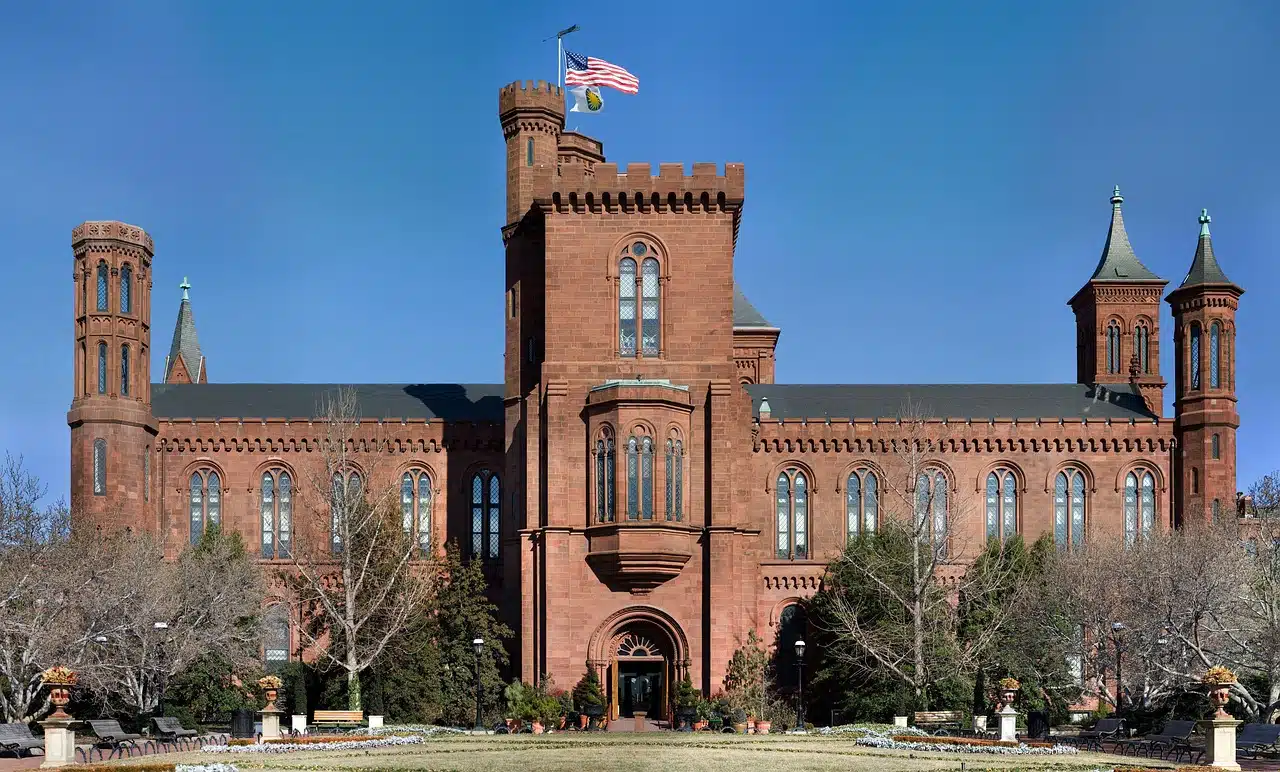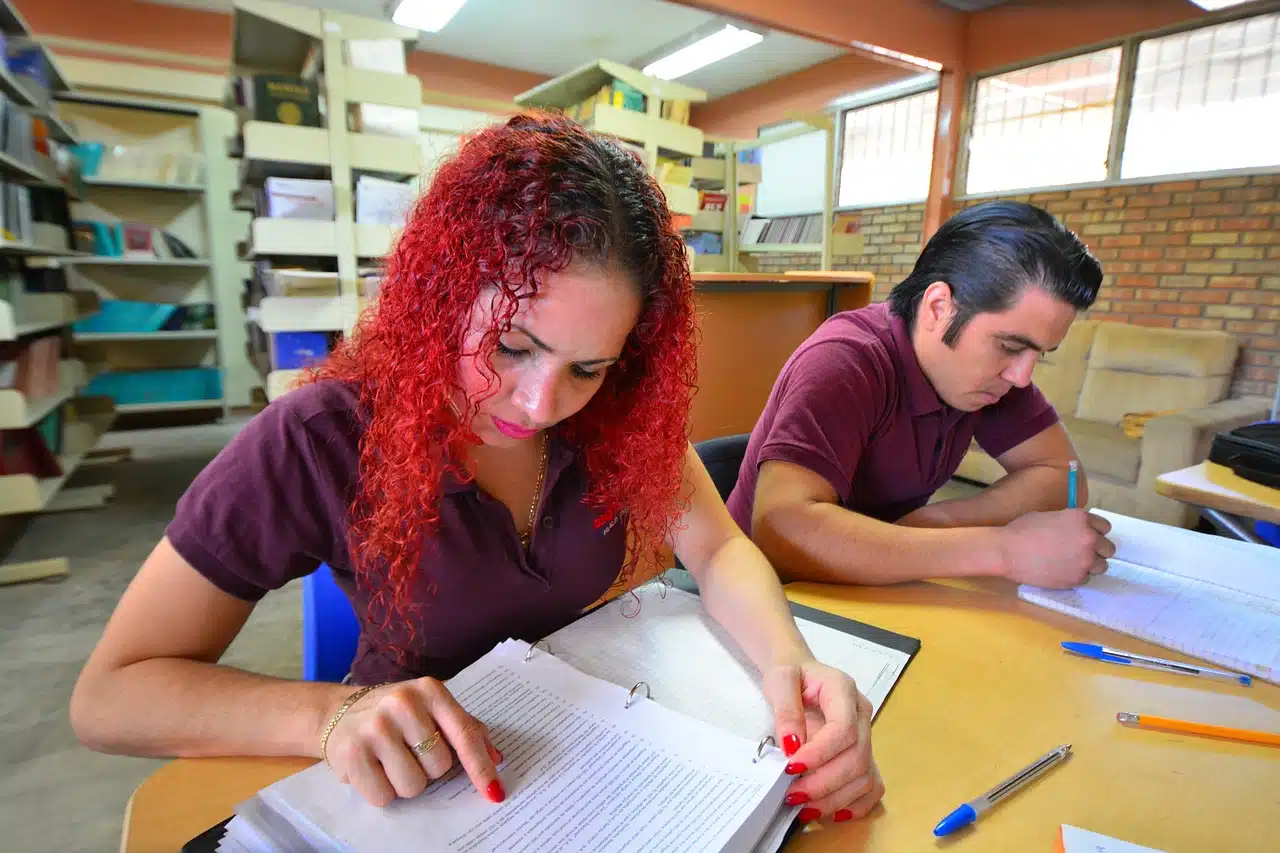
An institute is an institution that has a specific purpose.
An institute is an institution that deals with a specific service and has a specific purpose. The concept, originating from the Latin word institutum , covers educational, scientific and cultural institutions, among many other classes.
For example: "The Technological Institute of Santiago announced the launch of a new cycle of courses" , "The Italian researcher worked in a scientific institute in his hometown" , "The director of the Regional Institute of Agriculture demanded more support for the national government .
Different types of institute
Some institutes are official organizations that operate under the orbit of the government and belong to the State . The National Institute of Statistics and Censuses ( INDEC ) of Argentina is an example of this type of institution. Other institutes, however, are independent entities, managed by civil society to provide certain services. Instituto Atlético Central Córdoba , known simply as Instituto , is a sports club in the city of Córdoba ( Argentina ) that was founded in August 1918 .
A high school, on the other hand, is a state secondary education center : "My son finishes high school this year and will then start studying law," "A high school student was detained by the police because he was accused of destroying property." public" .

The state secondary education establishment is known as an institute.
The Civil Guard
The Civil Guard , the name given to a public security body that exists in countries like Spain , is an armed institute. The law recognizes it as an integral part of the security forces at the state level and, in this way, its mission is to guarantee the protection of the rights and freedoms of the inhabitants of the country in which they operate.
The training of a future Civil Guard includes moderate notions of law, sociology, personal defense and rules of public roads. It is worth mentioning that, although many people confuse it with the Police Force, the Civil Guard specializes in issues related to coexistence and the state of the streets, and is not directly involved in the investigation of criminal activities. On the other hand, they are usually the figure with whom the majority of citizens establish initial contact to resolve their concerns, and many times the intervention of the Police becomes necessary.
Institutes of Consecrated Life
The Catholic Church , through the Code of Canon Law , contemplates two forms of ecclesiastical society for consecrated life : the religious institute (whether order or congregation) and the secular institute (an association for lay people).
Members of religious institutes must cast public vows, which can be temporary or perpetual, and live together in fraternity. It is possible to make a basic distinction between men's and women's institutes; In turn, within each category there are various possibilities:
Male
- Orders : within this classification it is possible to find monastic orders , regular clerics, mendicants and regular canons.
- Religious congregation : clerical and lay types are contemplated .
On the other hand, there are societies of apostolic life, orders and congregations belonging to the Eastern Catholic churches, that is, those that recognize themselves as Catholic and respect the authority of the Pope but have not modified their rites and their particular organization .
Feminine
Female religious institutes are basically divided into those that have self-sufficient houses, such as certain orders, or those called centralized (which are not autonomous).
On the other hand, secular institutes receive lay people who profess chastity, obedience and poverty , and who give their lives to the worship of Jesus Christ and commit to working to sanctify the world. It is worth mentioning that men and women must also live separately in these institutes.
